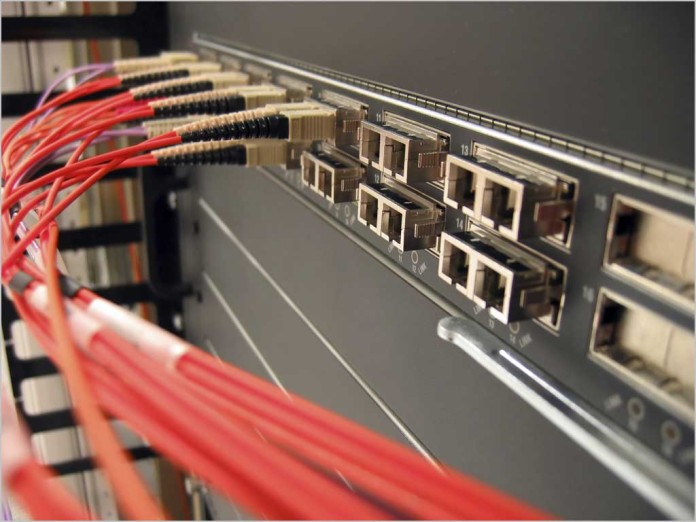
news Vocus Communications has confirmed that it has signed a non-binding agreement with Nextgen Networks to construct a high-speed Australia-Singapore submarine cable (ASC) and and is currently “engaged in due diligence on the opportunity”.
The confirmation statement, released 11 November, was in response to comments in the media regarding the project, Vocus said. The story was broken by the Financial Review newspaper yesterday morning.
The 4,600km cable will connect Australia to Singapore and Indonesia, providing the first 100Gbit/s connection between those regions. Under the proposal, the two companies will form a 50:50 joint venture to build the cable.
The circa US$120 million project will take approximately 18 months to complete, following finalisation of regulatory approvals and other conditions, Vocus said. The project will be funded using “a mix of cash, project debt and customer pre-sales”.
The proposal remains subject to certain conditions, however, including completion of due diligence and regulatory approval. The ASC project is scheduled to begin construction early next year, once these conditions are met.

The more undersea cable we have, the lower the costs of Internet connection for all Australians (and the greater the reliability). I always hoped the government would step in with submarine fibre much like the NBN, to reduce Telstra’s stranglehold on the market, but hopefully that won’t be necessary with enough private cable. It is only when significant competition is brought to bear in this space, delivering substantial performance and bandwidth without price gouging customers, that we will see an end to metered landline connections for the majority.
+1 lets hope this brings the cost of international data down even further!
International data is already (and has been for a number of years) significantly cheaper than the NBN CVC cost of $17.50/Mbps.
Most ISPs would be paying less than $10/Mbps for Southern Cross or PPC1 capacity.
Yes, but it adds up. I remember back in around 2003 a comparison between Singapore and Australia, where they had 100mbps available for the equivalent of $50/month unmetered, and while obviously their population density is a major factor, so was their eight undersea cable competitors Vs our one.
It is a reality that almost no other country in the world has imposed download quotas on landline Internet. They tried it mostly unsuccessfully in the USA on some networks. I’m not saying that there should be no cap, because clearly a certain amount of load balancing is necessary to ensure a minuscule percentage of users don’t monopolise the infrastructure and bring it to a crawl. But in 2015 we continue to have onerous and restrictive quotas in this country that are wholly inconsistent with the cost of delivering those services. There’s a reason that Telstra make $8bn a year…
“The project will be funded using “a mix of cash, project debt and customer pre-sales”.
Preorder culture strikes again!
It’s a reality that customers need to be locked in in order to secure financing. That is a standard business reality. If you can’t demonstrate demand (and the best way to do that is with signed contracts to deliver specific quantity over a given time, making projections extremely accurate) then you won’t be able to secure funding.
What ever happed to APX West? http://www.subpartners.net/cables/apx-west-progress.html
Comments are closed.